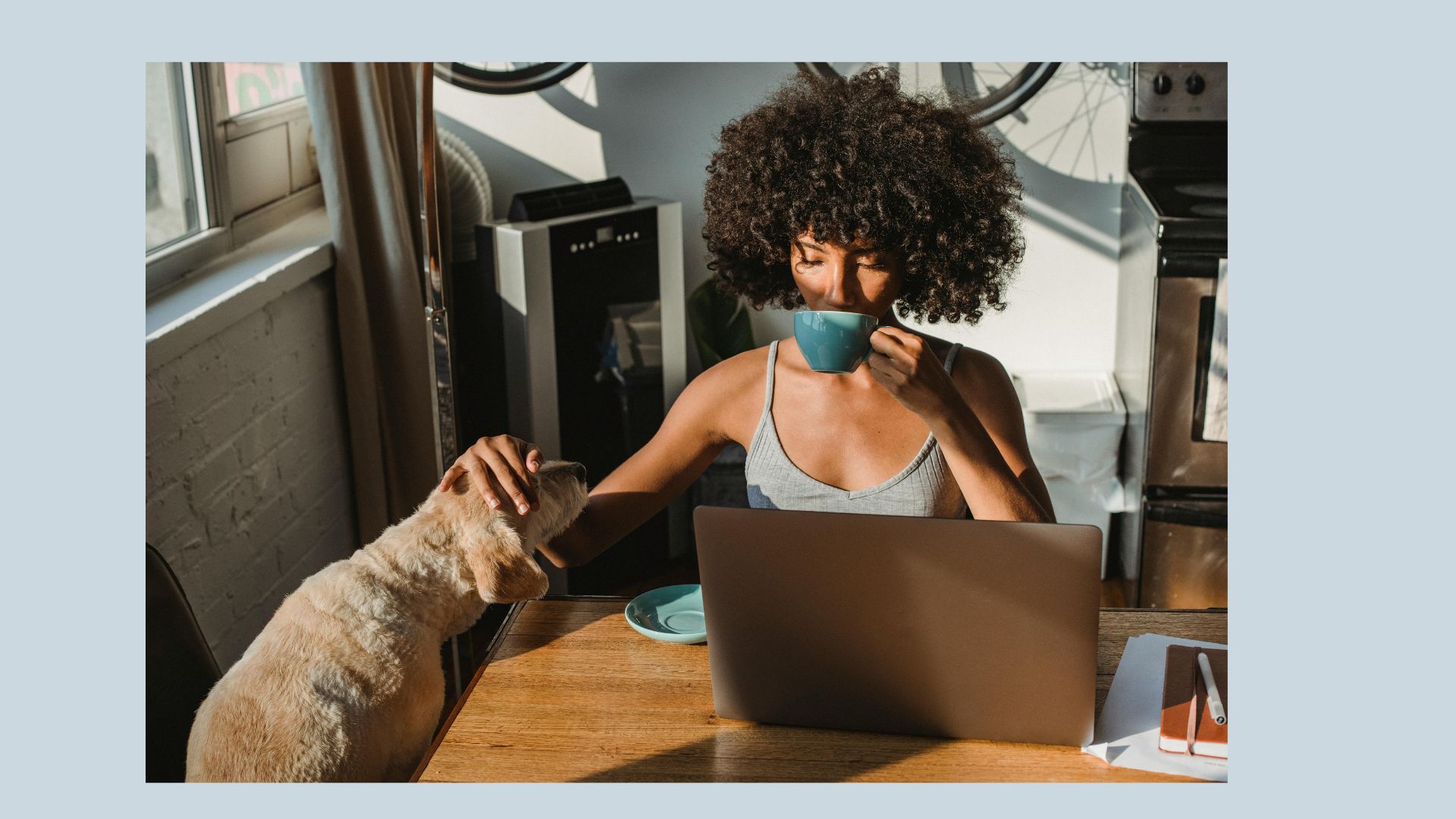You can tell yourself you’re ready for love, that you’ve moved on, learned the lessons and done the therapy. But emotional availability isn’t a checklist. It’s about capacity, not intention. You might be single and outwardly confident, yet still held back by habits that quietly close the door on connection.
The Myth of Readiness
Many women I coach arrive believing they are ready to meet someone serious. They’ve done the work, built good lives and can describe exactly what they want. Yet as we talk, they realise they still flinch when someone gets too close. It isn’t a lack of desire, it’s a nervous system still wired for protection.
People often equate being single with being available. They assume that ending one relationship automatically prepares them for another. But time alone doesn’t heal the patterns that caused pain in the first place. You can be newly single, fiercely independent and still emotionally guarded.
Unavailability often hides behind competence. It looks like control, success and self-reliance, qualities that society rewards. But beneath them, there is often a quiet fear that closeness will mean losing independence again.
Where the Walls Begin
Emotional distance rarely starts in adulthood. It begins in the small, early lessons we absorb about love: that affection must be earned, that vulnerability invites rejection, that safety comes from staying in control. These ideas sink deep into the body and shape how we connect later on.
By the time we reach adulthood, we’re fluent in self-protection. We date from behind invisible armour, half hoping to connect, half expecting to be hurt. One of my clients described it as “always sitting near the door, ready to leave.” That sense of poised detachment is common, especially among high-achieving women who have learned to survive disappointment by anticipating it.
Familiarity can easily be mistaken for chemistry. We confuse the pull of recognition with genuine attraction. What feels exciting is often the echo of an old emotional script rather than a new connection.
The Subtle Signs
Emotional unavailability doesn’t always look cold. It can appear polite, independent or sensible. You might keep conversations light, intellectualise feelings instead of expressing them, or date people who are conveniently distant or emotionally complex.
You might tell yourself you’re simply being selective, but genuine availability means risking emotional messiness. It means showing up when it would be easier to withdraw and letting someone see the unfiltered version of you.
How It Feels From the Inside
Unavailable people often find relationships confusing and effortful. There is anxiety before intimacy, relief when space returns and guilt about why closeness feels uncomfortable. You can care deeply about someone and still find reasons to hold them at arm’s length.
That push-pull pattern isn’t about willpower, it’s about wiring. Once you understand what your defences are protecting, they begin to soften. Coaching helps here because it offers structure and reflection. Clients learn to notice when they disconnect and to practise staying present rather than retreating. Over time, that small repetition builds emotional muscle.
The Work of Becoming Open
Becoming emotionally available isn’t about fixing yourself. It’s about understanding the ways you’ve learned to stay safe. Coaching clients often tell me they thought they just had bad luck with dating, when in fact they were unconsciously choosing people who matched their old story of love. Once they saw the pattern clearly, everything shifted.
True openness develops gradually. It involves noticing your triggers and choosing to remain authentic instead of performing perfection. It might mean admitting “That hurt” or “I feel scared” instead of pretending you’re fine. These moments create the trust that emotional safety depends on.
Why It Matters
When you become emotionally available, dating changes shape. You stop chasing intensity and start valuing calm. You no longer read silence as rejection or need constant reassurance. The question becomes not “Do they like me?” but “Do I like them, and feel comfortable with them?”
Emotional availability is what allows two people to build trust rather than perform it. It makes love sustainable rather than dramatic. It means you can hold space for another person’s emotions without losing yourself and can communicate needs without fear of conflict.
Being open doesn’t mean oversharing or ignoring boundaries. It means staying connected even when emotions rise. You can care without over-functioning, listen without defending and love without panic.
Quick Check: Are You Ready to Date Again?
Before you rush back into dating, ask yourself these five questions. Be honest – the goal isn’t perfection, it’s awareness.
- Can I talk about my past relationship without anger or sadness?
If it still feels raw, you may be carrying emotional residue that needs space to heal. - Do I feel curious about new people rather than defensive or cynical?
Curiosity signals openness. Cynicism is often a disguise for fear. - Am I prepared to be honest about what I want – even if it risks rejection?
Emotional availability starts with self-respect. Clarity protects your time and energy. - Can I sit with uncertainty without trying to control it?
Dating always involves ambiguity. Secure people can tolerate not knowing what happens next. - Do I have the emotional capacity to care about someone else’s needs as well as my own?
Healthy connection is mutual. If you’re still in survival mode, it’s hard to make room for another person.
If you answered “no” or “not yet” to several of these, you’re not failing – you’re simply not finished healing. My Dating Strategy Session helps women uncover the patterns that block connection, rebuild confidence and start dating with confidence and skill. Book your Discovery Call today.
